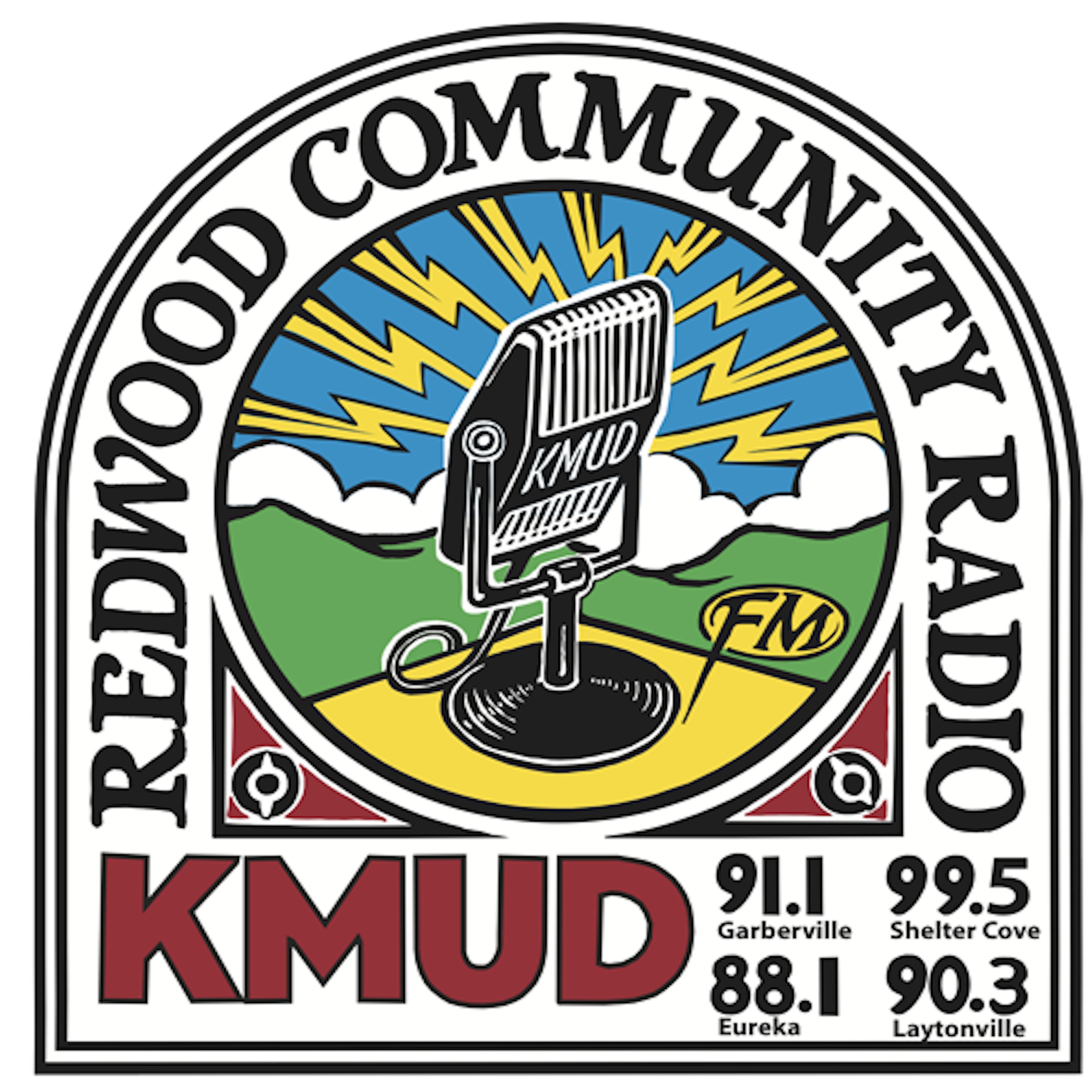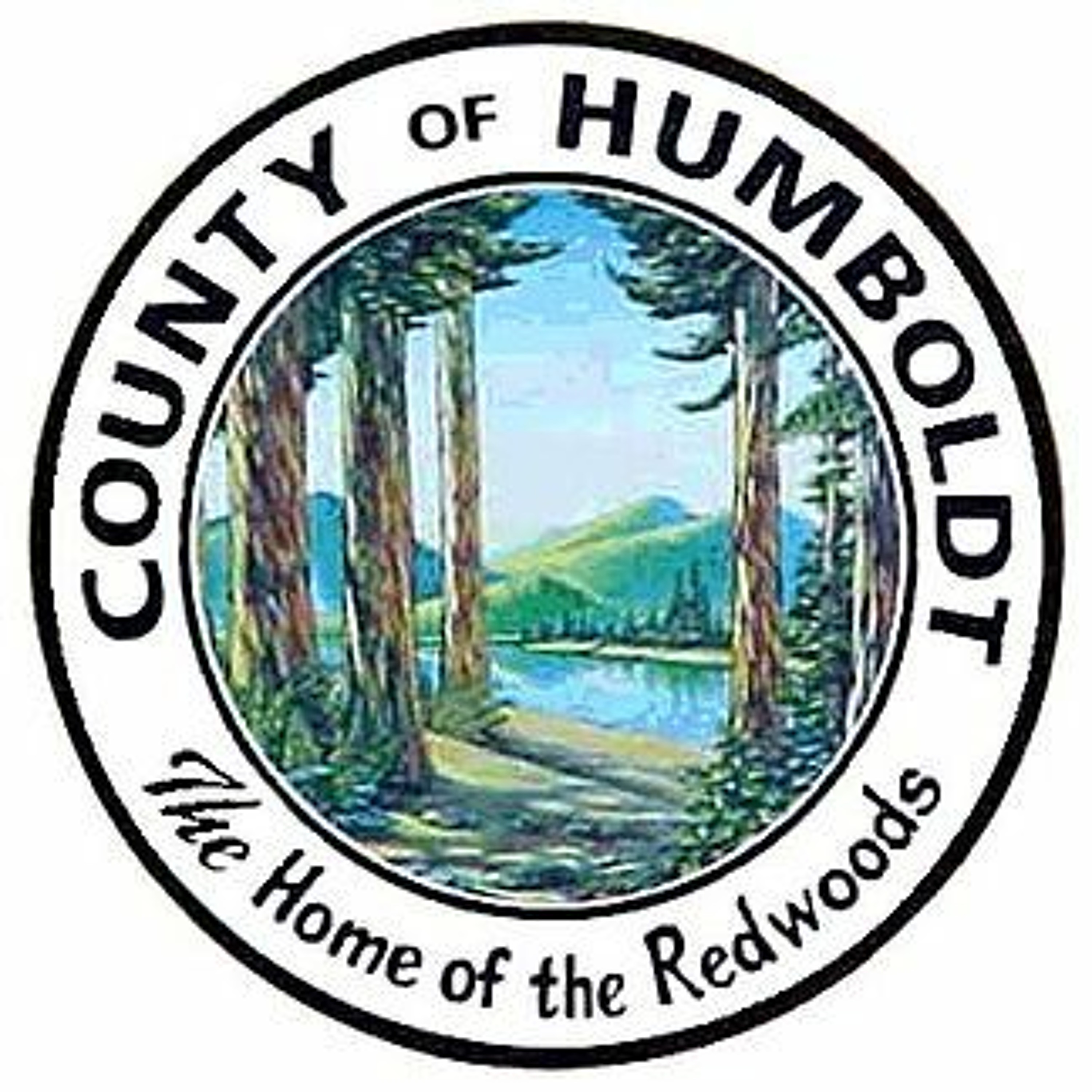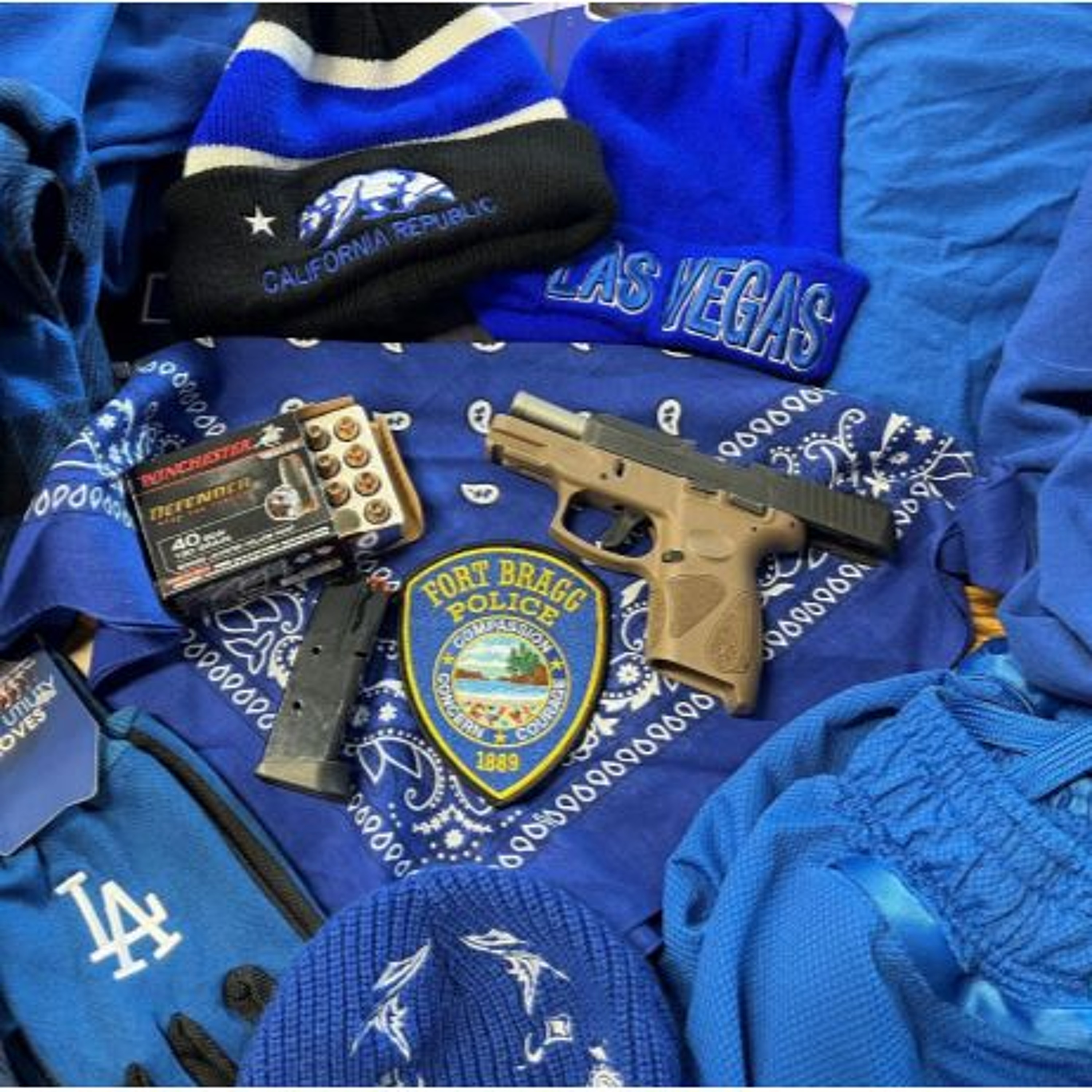Episode Transcript
[00:00:02] Speaker A: When George Mullins, a celebrated World War II veteran, approached 2nd District Supervisor Michelle Bushnell five years ago, he made her a heartfelt request.
[00:00:14] Speaker B: Years ago, he said, promise me you'll get that hall up so I can have my hundredth birthday party in that hall.
[00:00:20] Speaker A: This past Tuesday, Mullins turned 100. But instead of celebrating at the promised hall, his party was held elsewhere the weekend prior. The building remains unbuilt. The long awaited John Haynes Memorial Veterans Building is still in limbo, and its fate now rests on a decisive Humboldt County Board of Supervisors vote set for Tuesday, May 6th. Supervisor Michelle Bushnell, who ran on a platform supporting the veterans hall, has remained one of its strongest advocates.
[00:00:52] Speaker B: My grandfather was a World War II vet and was very proud of his service and had his funeral at the Veterans hall in Garberville. When it was there, you know, I. I grew up around that veterans hall and the meaning of it and patriotic service that the servicemen come home to and they need a place to gather and ultimately knowing that the county didn't do the right thing when they deferred maintenance and it caused the black mold and actually the destruction of that hall was just painful to me. Getting into office now five years, and this is the number one priority on my list as far as things go that I wanted to accomplish.
[00:01:31] Speaker A: The project is named after John Haynes, a local veteran who died in service. His family donated the land for the building, a gesture Bushnell emphasized holds deep significance. Currently, veterans are relegated to a small, inadequate room at the Healy center, just a table and a space, in Bushnell's words. Legally, counties are obligated to provide meeting spaces for veterans.
[00:01:56] Speaker B: We have good support from the Fortuna Veterans, Ferndale Veterans, Arcata veterans. I've talked with them all. They plan on being at the meeting on Tuesday.
[00:02:04] Speaker A: Dr. Brian Orman, a local chiropractor and veteran, is among the leading voices pushing to bring the hall back. Originally built in 1960 by veterans who foresaw the need for a home for World War II veterans returning from war, the hall became a vital post war gathering place, remained in use for decades until structural issues, including roof leaks and black mold from deferred maintenance, forced its closure.
This isn't just a building, Orman emphasized. It's a lifeline for veterans who need a space where they truly feel understood.
In addition to serving veterans, the hall historically hosted candidate forums, nonprofit events, cultural gatherings, and functioned as an emergency hub.
[00:02:49] Speaker C: The Garbor of Lechel has played a vital pole in the civic process of our community. It's been a venue of Countless meetings covering every possible topic relating to our lives. Candidate forums, public hearings on planning, public hearings on environmental scoping sessions, senior housing, community safety, self government, even having a municipal advisory council and preparation of the hall is a site for our community members following possible large earthquakes or fires or floods from all the huge winds. And in case of injuries, we've prepared to provide service to injured people that were awaiting care because the hospital might be overwhelmed. Okay, so we've done that before in our other building, but we don't have a building, so we can't do it without a building.
And so, you know, that's how we had dialogues with resource agencies with educational forums, education mainly cultural benefits. Many cultural events included many non profit meetings and fundraisers, celebrations of the many big junctures of clubs and organizations, music and drama productions.
[00:04:04] Speaker A: Though used for many purposes, the John Haynes Memorial Veterans Building is far more than a physical structure. It's a sanctuary of healing and shared experience in southern Humboldt. It represents a lifeline for those who served.
[00:04:18] Speaker C: What's the difference between going to somebody else's place and to our place? Well, if we go to our place, then we don't have to go to anybody else's place at all. We can just go to our place and these other people that just cannot handle trying to hear somebody say thanks for your service. Which means shut up, I've got to go now.
Versus welcome home. Which is something like, oh, you know, that I'm a person. And so welcome home, everybody. It's like, okay, and this is where we are. And so this is what can happen, the difference between, you know, having a meeting at somebody else's place, the Healy center, somebody else's home, blah, blah, blah, versus in the Veterans Hall.
[00:05:06] Speaker A: This space serves as a vital intervention point for veterans struggling with isolation, PTSD and the invisible wounds of military service. Tragically, Orman recalls the loss of a veteran who, unable to find the vets meeting held at a member's home due to conflicts with the Healy center schedule, went home alone and died. That same night he came to the.
[00:05:29] Speaker C: Healy center and we went there.
[00:05:31] Speaker A: A stark reminder of the life or death importance of connection. The estimated cost for the project is $6 million, with $1 million already invested in planning.
[00:05:43] Speaker B: A lot of money, and I get that, but taxpayer money, and this is what taxpayers want.
[00:05:49] Speaker A: The May 6 vote will require a 4/5 majority from the Board of Supervisors, meaning at least one supervisor who has previously opposed the project must be persuaded. While Supervisors Bushnell, Rex Bone and Natalie Arroyo have supported the project in the past supervisors, Mike Wilson and Steve Madrone, voted against it in February.
[00:06:11] Speaker B: So Steve Madrone voted no and he didn't say why. Mike Wilson voted no and he did say why he wanted some additional funding requests to the federal government and to the state of California, which we did. And I got letters of recommendations from community members and businesses within our community to send a request for some spectrum funding to the state and to the feds. And we did that. We haven't heard back yet, but those requests are in. And so even if we move forward with the project and we get those funds, it can make up for that front. And also we got some donations from within the community to lighten that bill. And so I'm hopeful that Supervisor Wilson will see that effort that we, we did and that was his request and that he'll be a yes vote. I'm not sure about supervisor. I just hope that they, they can recognize how important this is to this community.
[00:07:02] Speaker A: Even in the economic downturn, Wilson in particular has been seen as firmly opposed. Though he has ties to Southern Humboldt.
[00:07:11] Speaker C: Wilson is never going to vote for us, ever.
[00:07:14] Speaker A: According to Bushnell, Wilson argued that there were lots of other empty buildings in southern Humboldt that could house the veterans, a suggestion veterans say ignores their specific needs and the historical importance of rebuilding on the original site. Some supervisors have also expressed concern about allocating large sums to Southern Humboldt during an economic downturn.
[00:07:38] Speaker B: We've already put a million dollars into this project and I would hate to throw that money away and not utilize that on top of the Southern Humboldt. Veterans and Governorville veterans deserve their haul.
[00:07:50] Speaker A: Bush now also work with local veterans to clear the original site and plans to incorporate renewable energy to reduce operating costs. The proposed structure would include solar panels funded by veterans themselves to lower long term expenses. Orman hopes the environmental benefits will persuade Supervisor Madrone, a known climate advocate, to vote yes this time.
[00:08:14] Speaker C: Now what we've decided is that we will buy the solar panels, we will put solar panels on the roof, and then the electricity that the county will have to pay for that building will be diminished by quite a bit of money. So we're going to save some money. So that might be a way to tell him he's an environmentalist kind of person, so he might just like the fact that.
But everybody's going to like the fact that they're not going to have to pay so much and we're going to buy the panels.
[00:08:42] Speaker A: Although George Mullins 100th birthday wasn't celebrated in the new hall as promised, Supervisor Bushnell is not giving up and I.
[00:08:52] Speaker B: Didn'T accomplish that for him. I tried hard. So I would like to have his 101st birthday party in the hall and I hope that we can get this done.
[00:09:00] Speaker A: The upcoming vote may finally deliver on a decade long endeavor or risk losing a vital piece of Southern Humboldt's identity forever. Supporters are urging Humboldt residents to turn out in force you can call in.
[00:09:14] Speaker B: The meeting starts at 9:00 on Tuesday. There's a Zoom option. I anticipate that this item will come between 10 and 11, but please call in and make comments. Go up to the Board of Supervisors first Floor Supervisors Chambers to make comment. It's really important that the Board of Supervisors knows how you feel and whether you're in South Humble or not. You have to agree that they deserve a veteran call.
[00:09:39] Speaker A: It's been too long Those wanting to join by Zoom can visit humboldtgov.org and navigate to the Board of Supervisors meeting agenda for the Zoom link. You can also call in and use the phone number provided in the meeting agenda to listen and make public comment. Additionally, written comments are accepted in the following formats. You can send your public comment via email to Cob Co Humble CA us. Be sure to include your name and the agenda item number on which you wish to comment. Comments submitted after the agenda is published will be included in the administrative record. You can mail in your correspondence.
[00:10:25] Speaker C: So the documents have to be submitted to the Clerk of the board at 825 Fifth street, room 111 at Eureka. And you have to provide nine copies of an eight and a half by 11 paper. And if you don't, it won't be ever given to Supes.
[00:10:44] Speaker A: Reporting for Cayman News, I'm Lisa Music.


